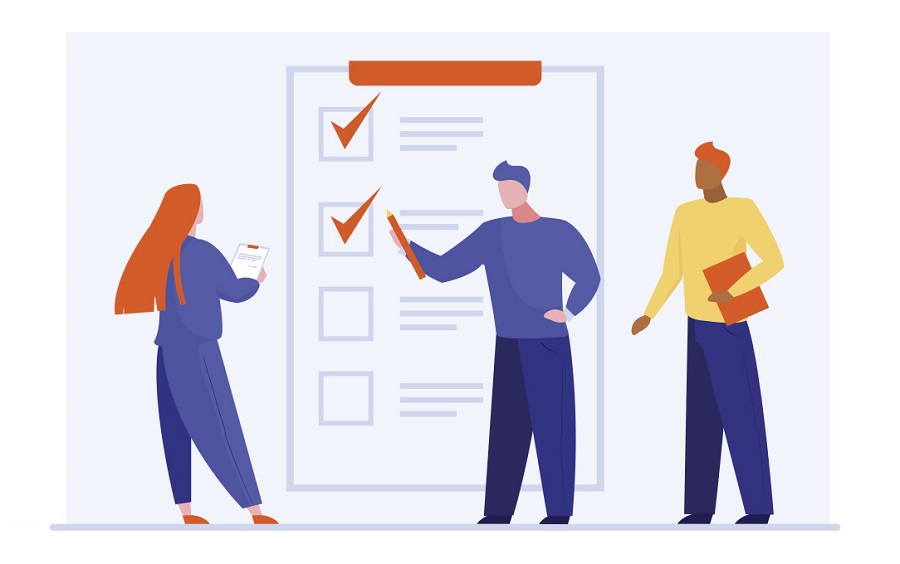When you’re considering applying for a personal loan, understanding the personal loan eligibility criteria is essential to ensure a smooth application process and increase your chances of approval. Lenders have specific requirements that potential borrowers must meet to qualify for a personal loan. Here’s a detailed look at what you need to know about personal loan eligibility criteria:
1. Credit Score and History
Your credit score plays a critical role in determining your “PERSONAL LOAN ELIGIBILITY“. It reflects your creditworthiness based on your credit history, including your repayment behavior on past loans and credit cards. Most lenders prefer borrowers with a good credit score, as it indicates a lower risk of defaulting on the loan.
2. Income and Employment Status
Lenders assess your income and employment status to evaluate your ability to repay the loan. They typically prefer borrowers who have a steady income from a reliable source, such as employment or business income. Self-employed individuals might need to submit extra documents like tax returns or financial statements from their business to confirm their income.
3. Debt-to-Income Ratio (DTI)
Your debt-to-income ratio is an significant factor lenders look at. It compares how much you owe each month to how much you earn before taxes. A lower DTI ratio indicates that you have sufficient income to manage additional debt payments. Lenders generally prefer borrowers with a DTI ratio of 40% or lower, although specific thresholds may vary.
4. Age and Residency
To qualify for a personal loan, you typically need to be at least 18 years old and a resident of the country where you are applying for the loan. Some lenders may have additional age requirements, particularly for older applicants, to mitigate repayment risks associated with retirement age.
5. Credit History and Payment Behavior
Besides your credit score, lenders look at your credit history and how well you’ve paid your bills on time. They look for a history of responsible borrowing and on-time payments. Instances of missed payments or defaults may raise concerns and impact your eligibility for a personal loan.
Improving Your Eligibility
If you’re concerned about meeting the “PERSONAL LOAN ELIGIBILITY CRITERIA“ here are some steps you can take to improve your chances of approval:
– Monitor Your Credit Report: Regularly check your credit report for errors and discrepancies that could affect your credit score.
– Manage Your Debt: Pay off current debts to lower your DTI ratio and show that you can handle debt responsibly.
– Strengthen Your Credit History: Make timely payments on all your bills and existing loans to build a positive credit history.
– Increase Your Income: Consider ways to boost your income or demonstrate stable income through employment or business earnings.
By understanding the personal loan eligibility criteria and taking proactive steps to improve your financial profile, you can increase your chances of securing a personal loan with favorable terms. Remember to compare offers from multiple lenders to find the best option that meets your needs. Understanding and meeting these personal loan eligibility criteria is crucial for a successful personal loan application process.

